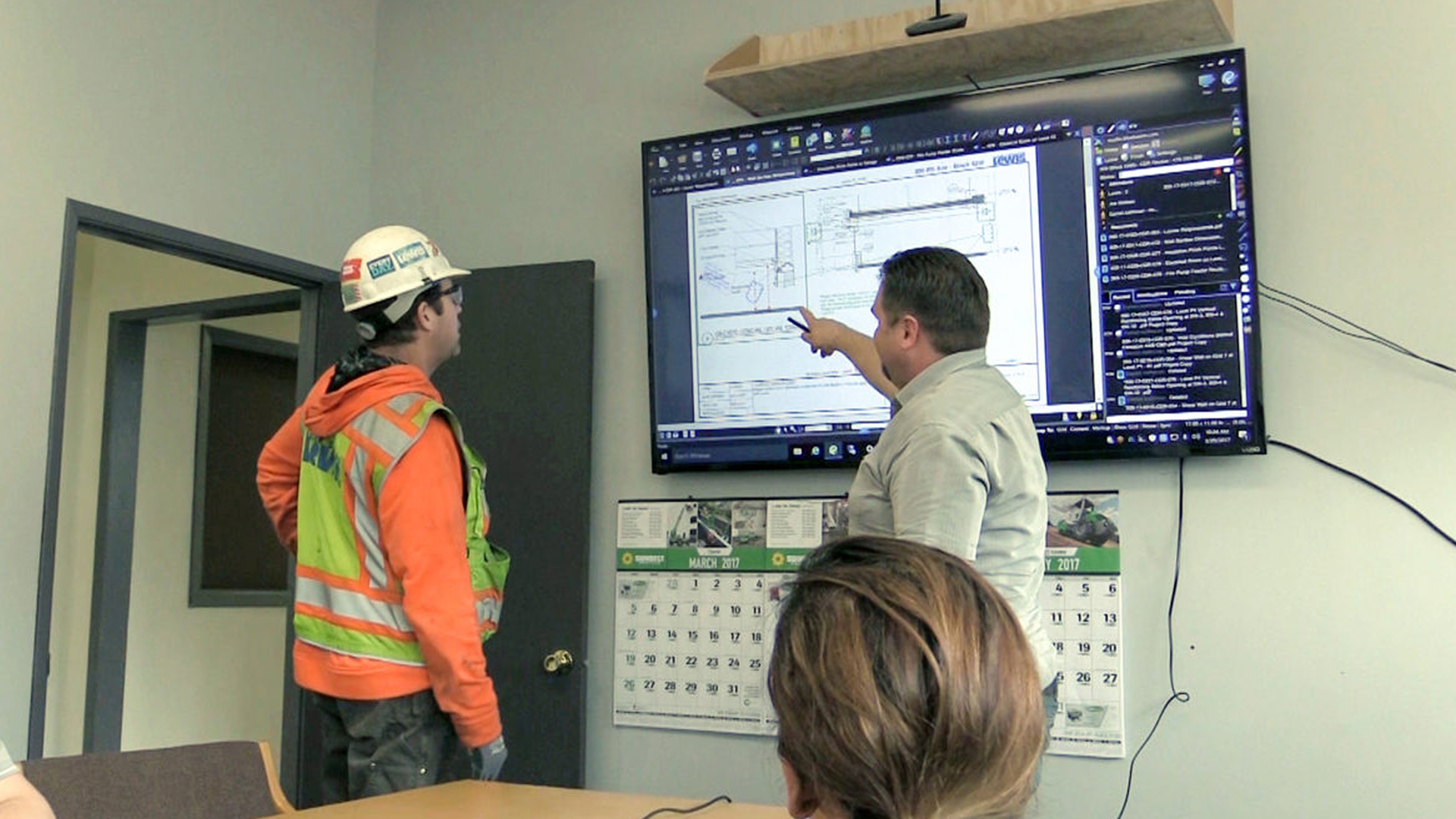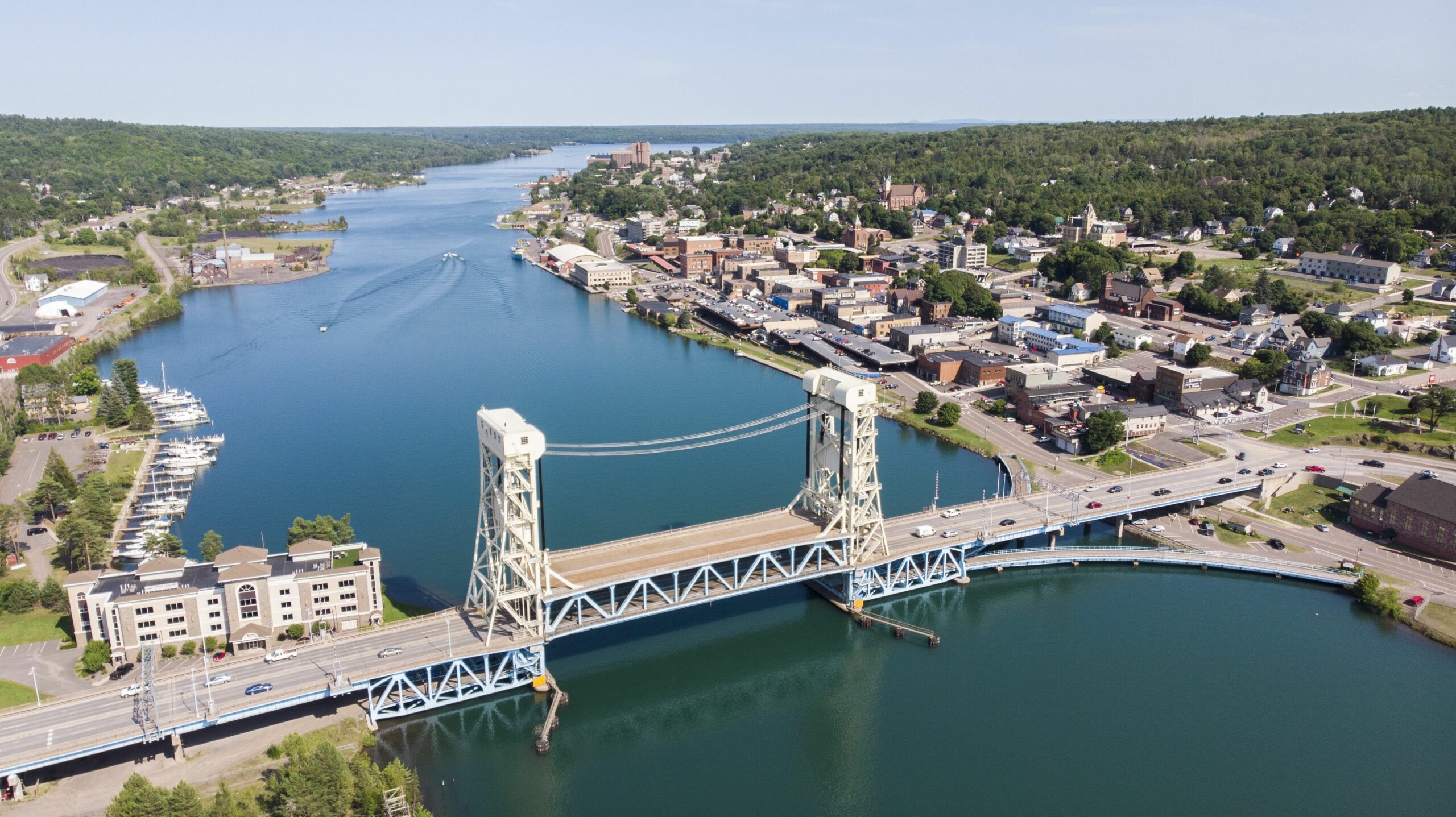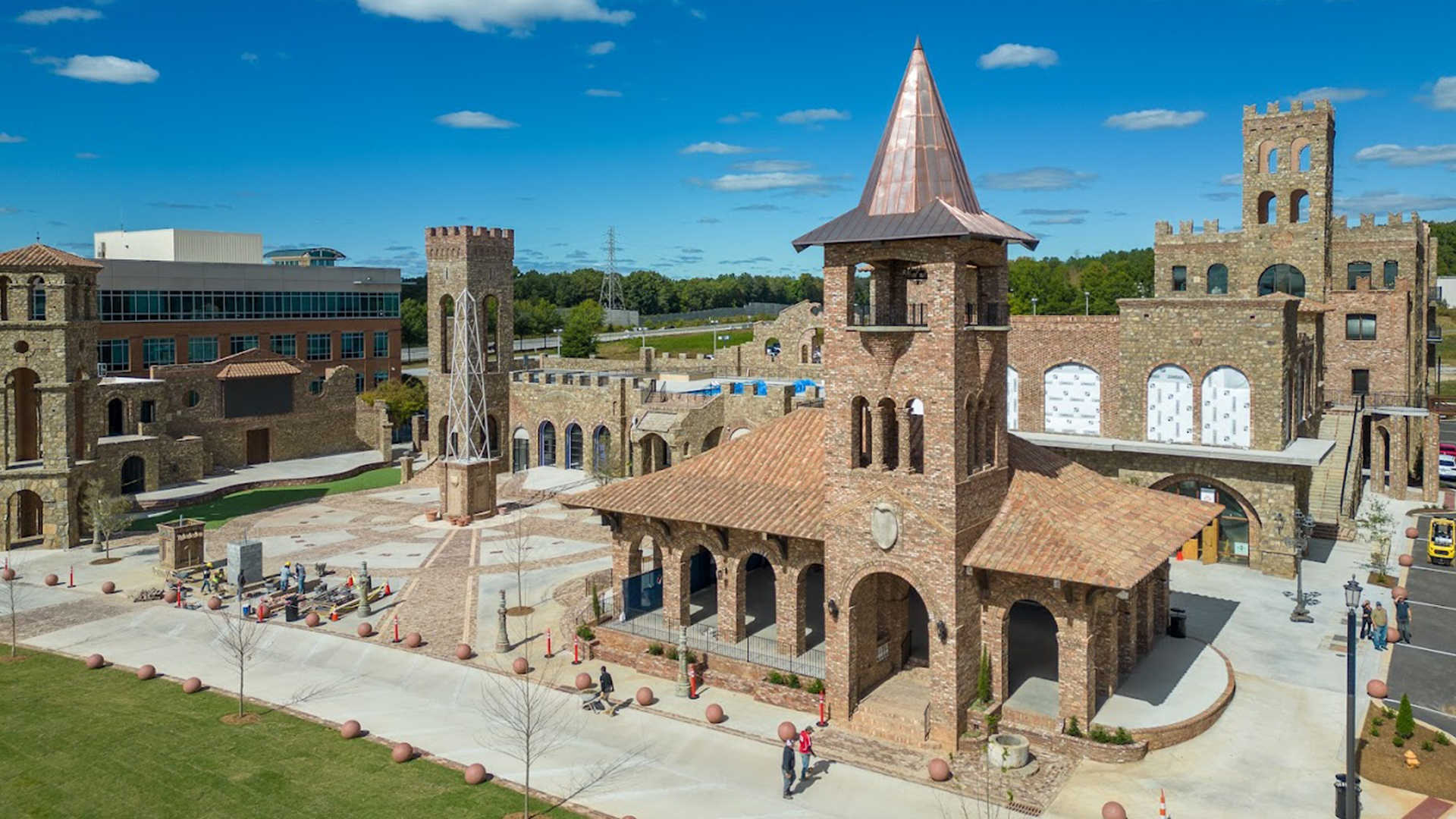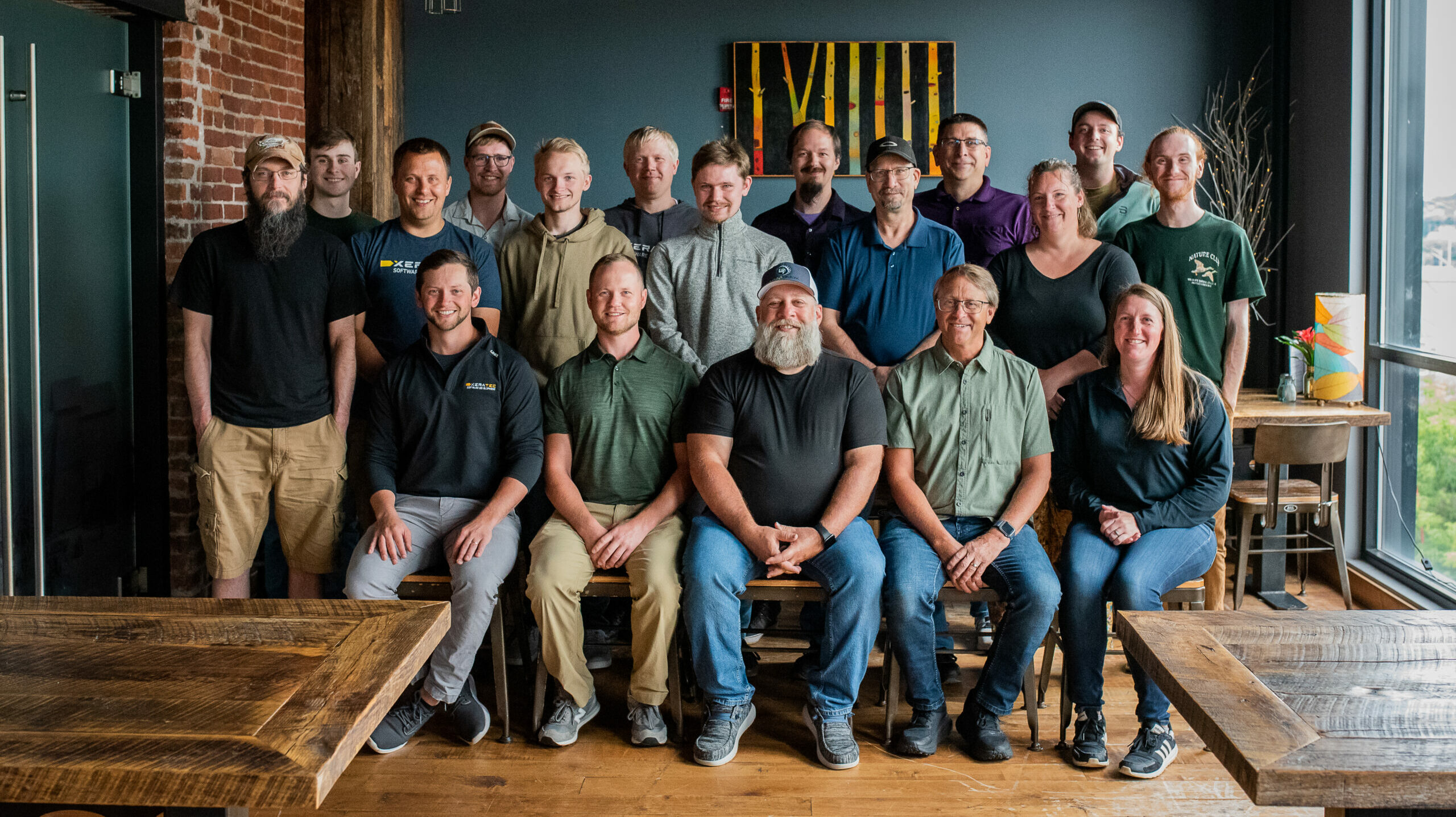The construction industry has long been associated with hard work, grit, and a hands-on, “old-school” approach to getting the job done. However, as we look toward the future, change is inevitable. From innovative new technologies to more efficient ways of managing teams and projects, construction project management is rapidly evolving. So, what does the future hold, and how can construction companies embrace these changes to improve processes and outcomes?
Let’s explore some of the top trends shaping the future of project management in construction—and why now is the perfect time to start adopting them.
1. Technology: The Game Changer
Historically, the construction industry has been slow to adopt new technology. But now, digital tools are completely transforming the way projects are managed. From project management software to mobile apps, the future of construction is all about using technology to make things faster, easier, and more efficient.
Why it matters: Picture a project manager on-site instantly accessing real-time data, tracking progress, assigning tasks, and adjusting workflows—all from their mobile device. No more waiting for updates or dealing with paper plans. Cloud-based tools and mobile platforms are making this level of efficiency possible.
Example: Software solutions like Xeratec’s custom-built project management apps allow teams to collaborate seamlessly, track real-time progress, and optimize workflows across departments. This helps monitor budgets, timelines, and team performance from anywhere, ensuring projects stay on track and potential issues are addressed early.
2. Collaboration is Key
Gone are the days of working in silos. In the future of construction project management, collaboration across teams, departments, and even companies will be the norm. Everyone needs access to the same information and communication tools to stay aligned and informed.
Why it matters: A collaborative approach fosters transparency, reduces mistakes, and leads to better decision-making. A centralized system housing all project information ensures that all stakeholders are in sync, minimizing miscommunication, rework, and delays.
Example: Imagine sharing documents in real-time, updating task lists instantly, and holding virtual meetings with teams from anywhere. The future of construction is about working smarter, not harder.
3. Data-Driven Decision Making
The shift toward data-driven decision-making is one of the most exciting trends in construction project management. Gone are the days of relying solely on intuition—project managers now use analytics to make smarter, more informed decisions.
Why it matters: By leveraging data, construction teams can track performance, predict delays, and optimize workflows. Tools that analyze everything from budget variance to resource allocation help teams make proactive adjustments before problems arise.
Example: With the right project management software, you can track every dollar spent and every resource used. This insight helps teams address issues early and improve decision-making in future projects.
4. Mobile and Cloud-Based Solutions
With mobile technology becoming ubiquitous, construction professionals are no longer tied to an office. Project managers, field workers, and supervisors can now access project information from anywhere, improving communication and boosting productivity.
Why it matters: Mobile devices make managing projects on the go easier than ever. Whether on-site, in meetings, or traveling, project teams can access up-to-date information, review and approve plans, and communicate directly with team members in real-time.
Cloud-based platforms also enable teams to collaborate in one centralized location, eliminating confusion from outdated files and missed communications.
5. Sustainability and Efficiency
As the construction industry moves toward more eco-friendly practices, sustainability will continue to drive the future of project management. Optimizing resources, reducing waste, and building green projects are becoming increasingly important.
Why it matters: Sustainability isn’t just about materials used in construction—it also extends to how projects are managed. Leveraging software tools to minimize inefficiencies and waste helps construction teams meet sustainability goals and remain competitive in the evolving market.
Example: Software tools that track energy use, waste reduction, and overall project sustainability ensure companies stay ahead of industry trends and regulatory standards.
6. The Rise of Artificial Intelligence (AI)
Artificial intelligence (AI) is revolutionizing project management in construction. AI is making a significant impact in areas such as project scheduling, predictive analytics, and risk management.
Why it matters: AI can predict potential delays, suggest optimizations, and assist in resource allocation by analyzing historical data. This reduces guesswork and helps project managers make more informed decisions.
Example: AI-driven tools can analyze past projects to predict potential delays or cost overruns. By identifying risks early, teams can adjust their approach before problems escalate.
7. Improved Risk Management
Risk management is always a priority in construction. Whether it’s managing safety protocols, handling unforeseen expenses, or addressing delays, construction projects are filled with uncertainties. The future of construction project management will increasingly rely on tools that help teams manage risks more effectively.
Why it matters: Digital tools that track and analyze risk factors will help construction teams anticipate and mitigate potential risks. With real-time updates and predictive analytics, project teams can respond more quickly to challenges.
Looking Ahead: The Future is Bright
The future of project management in construction is all about embracing change, adopting new technologies, and improving the way teams collaborate. By leveraging digital tools, adopting a data-driven mindset, and focusing on sustainability, construction companies can stay ahead of the competition, reduce costs, and complete projects more efficiently.
Conclusion: Whether you’re an experienced project manager or new to the industry, now is the perfect time to start embracing these innovations. The future of construction is already here, and with the right tools, you can ensure your projects are built for success.





